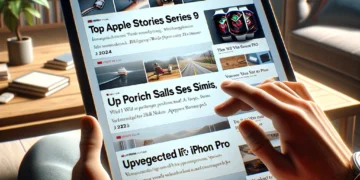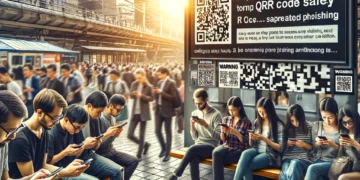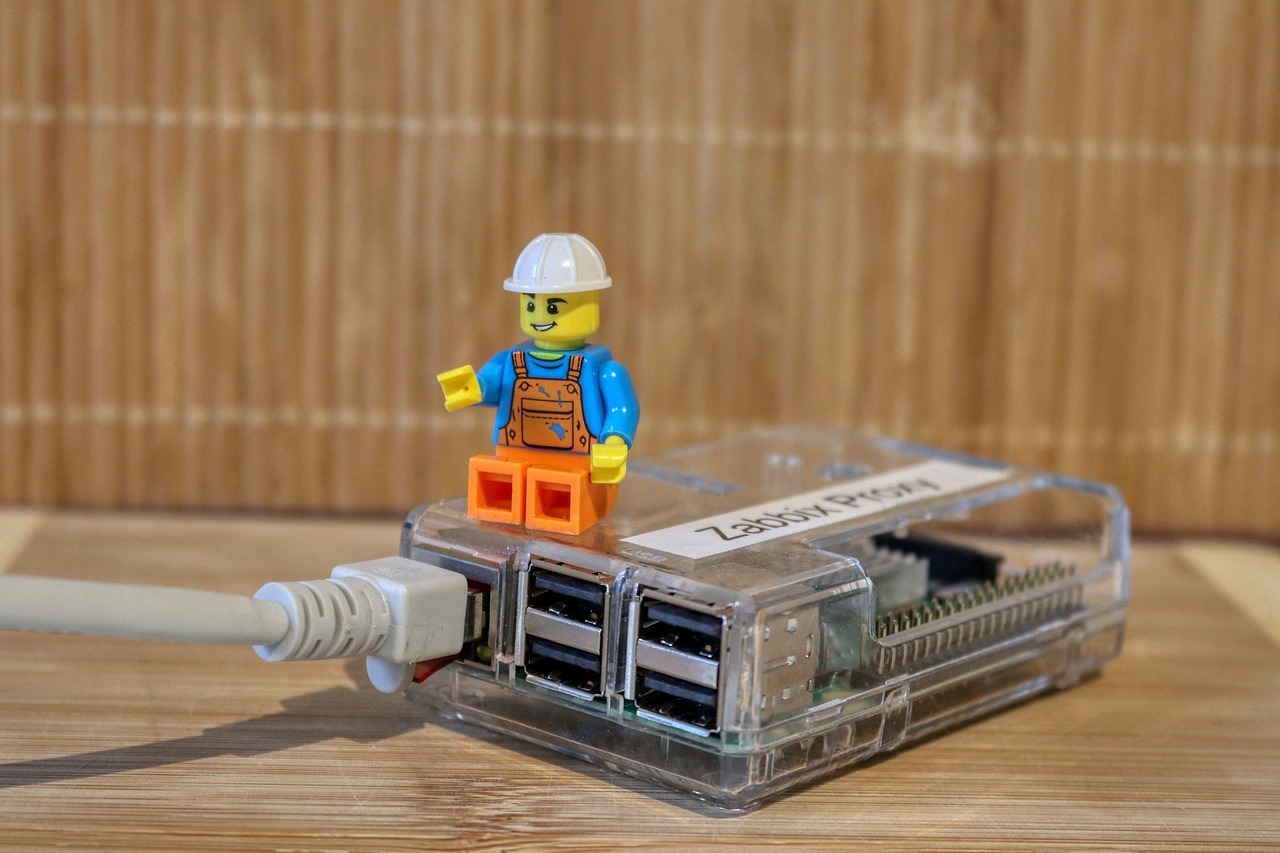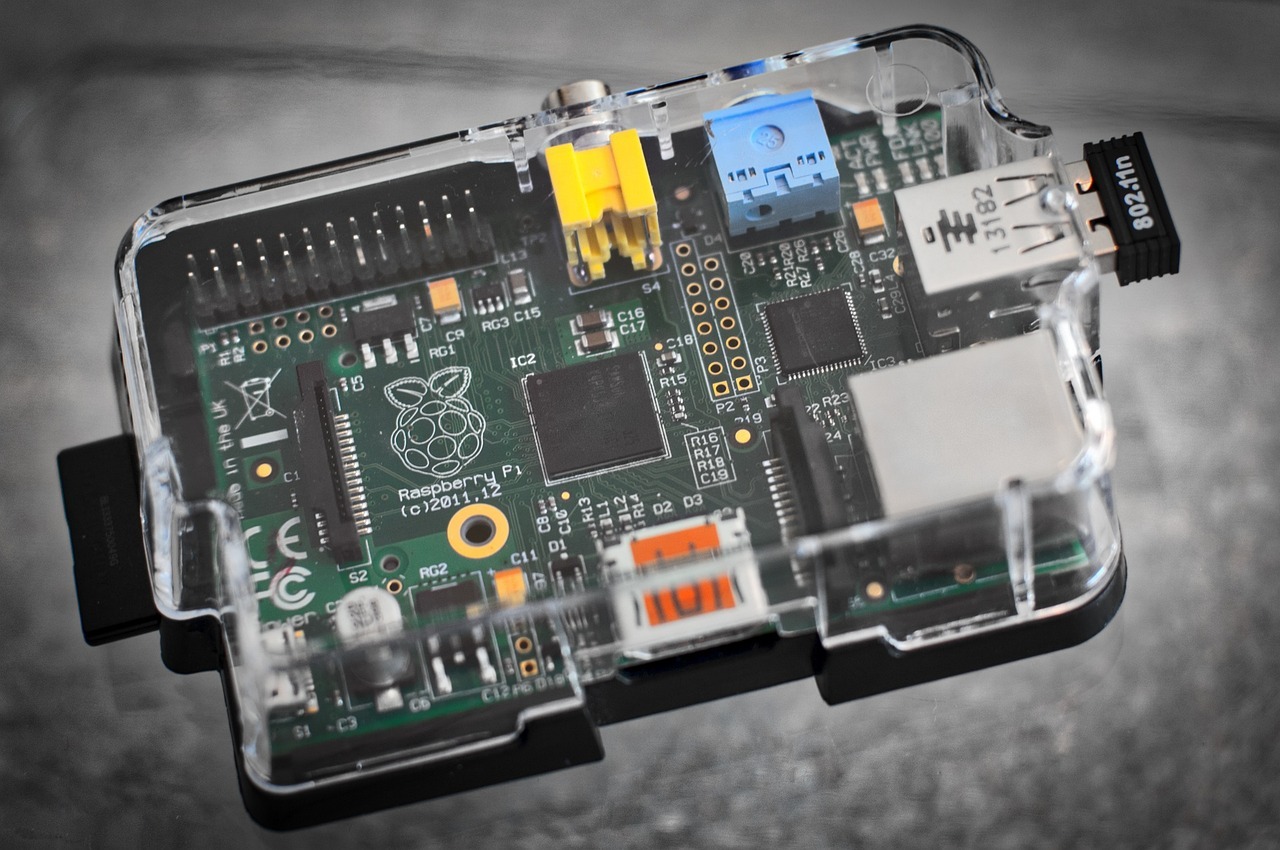In a recent development surrounding the contentious issue of content moderation policies, the Supreme Court has temporarily halted a lower court’s ruling. This ruling had previously prevented White House officials from engaging in communication with social media companies. The temporary stay, granted by Justice Samuel Alito, marks the latest chapter in an ongoing legal battle initiated by two states seeking to challenge the content moderation practices of social media platforms.
A People's History of the Supreme Court: The Men and Women Whose Cases and Decisions Have Shaped Our Constitution: Revised Edition
The case originated from a lawsuit filed by the attorneys general of Missouri and Louisiana. Their claim asserted that federal officials had overstepped their boundaries when dealing with social media giants like Meta, Google, and Twitter. Their contention revolved around the accusation that these officials were unduly influencing the platforms’ content moderation policies, particularly concerning matters related to election and COVID-19 misinformation.
The Shadow Docket: How the Supreme Court Uses Stealth Rulings to Amass Power and Undermine the Republic
Previously, a lower court had issued an injunction that effectively barred White House and federal officials from engaging in discussions with social media companies. While an Appeals Court decision last week did alleviate some of the initial restrictions, it retained a provision that prohibited the surgeon general, CDC, and White House officials from exerting “pressure” on social media companies to make specific content moderation decisions. This provision was set to go into effect on September 18, as reported by CNN.
However, Justice Alito’s temporary stay has now put this ruling on hold, pending further arguments and legal proceedings between the involved parties. According to Bloomberg, this stay will remain in effect until September 22, with the possibility of extension.
Prior to the stay, the Solicitor General contended that the injunction would have severe consequences for both the government and the public. The government officials, the filing argued, had not engaged in any wrongful conduct during their interactions with social media companies. Instead, the interactions were characterized as a continuous exchange of ideas, at times marked by disagreements and frustrations, but ultimately reflecting each party’s pursuit of their respective goals and interests amid the unprecedented challenges posed by the pandemic.
The Supremes' Greatest Hits: The 44 Supreme Court Cases That Most Directly Affect Your Life
While this temporary hold is just one step in the ongoing legal battle, it appears that the case is headed for a more protracted legal showdown. The Justice Department is currently preparing for a potential Supreme Court appeal, which could further extend the duration of the legal proceedings.










![Apple Watch SE (2nd Gen) [GPS 40mm] Smartwatch with Starlight Aluminum Case with Starlight Sport Band S/M. Fitness & Sleep Tracker, Crash Detection, Heart Rate Monitor](https://www.tech-bit.com/wp-content/uploads/2024/06/applewatchse2ndgengps40mmsmartwatchwithstarlightaluminumcase-360x180.jpg)
















![Apple Watch Series 9 [GPS 45mm] Smartwatch with Midnight Aluminum Case with Midnight Sport Band S/M. Fitness Tracker, ECG Apps, Always-On Retina Display, Water Resistant](https://www.tech-bit.com/wp-content/uploads/2024/06/applewatchseries9gps45mmsmartwatchwithmidnightaluminumcasewith-360x180.jpg)



![Apple Watch Ultra 2 [GPS + Cellular 49mm] Smartwatch, Sport Watch with Rugged Black Titanium Case with Black Ocean Band. Fitness Tracker, Precision GPS, Action Button, Extra-Long Battery Life](https://www.tech-bit.com/wp-content/uploads/2024/10/applewatchultra2gpscellular49mmsmartwatchsportwatchwithrugged-360x180.jpg)



































